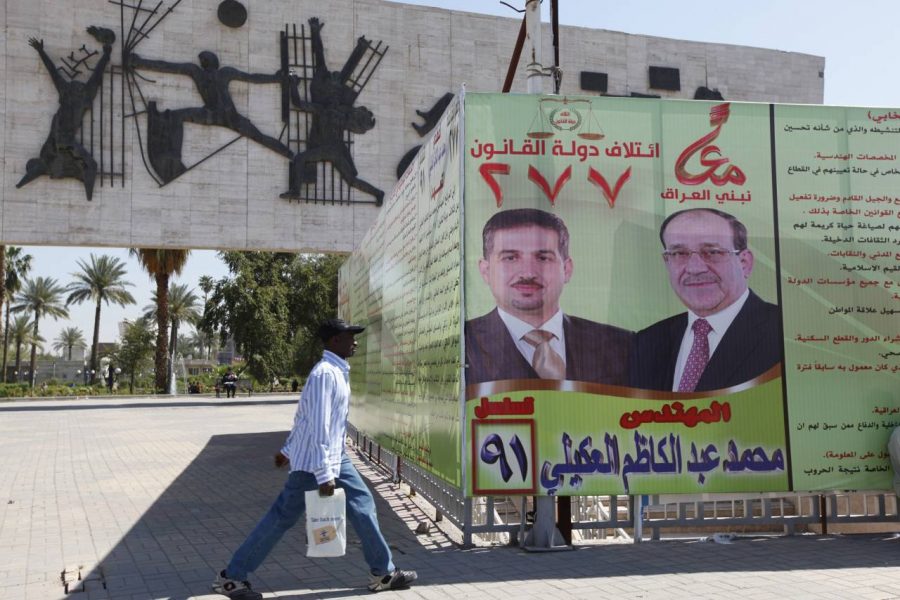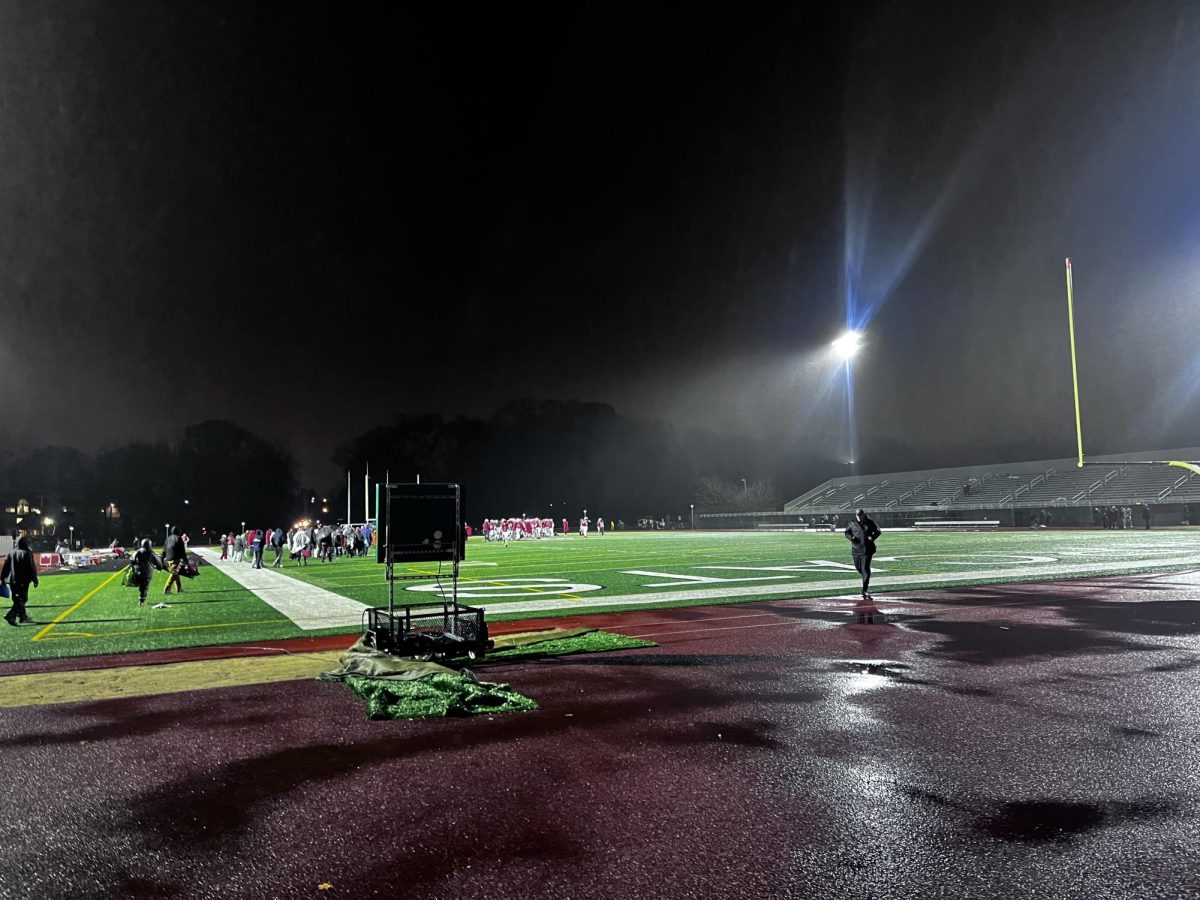
Hassan Sayed ’15
In 30 April 2014, the Middle-Eastern nation of Iraq held its second established round of proper national elections (the last elections being in 2010) following the end of the US invasion of the country in 2003. However, it is quite dubitable whether elections will bring some sort of resolve to the vast epidemic of sectarian strife riddling the country. Violence has occurred for the past few years largely between Sunni and Shia Muslims, groups that blame all their social, political, and economic problems on each other. There is also large strife engendered by ethnic tensions, notably from the autonomous Kurds of the country’s North.
Currently, straining relations exist between current President Nui al-Maliki, a Shia Muslim, and many Sunni militants throughout the country. In an article published on 3 May by The Economist (http://www.economist.com/news/middle-east-and-africa/21601576-incumbent-prime-minister-holds-grim-death-alas-it-may-make-little), Sunni fighters say that the President “has imprisoned, killed and squeezed them out of public life since he was elected eight years ago.” On the contrary, the number of Shia militias is rapidly growing throughout Iraq, operating even outside of the regulation of the Shia-government-controlled Iraqi army.
In a 29 April Article, The New York Times (http://www.nytimes.com/2014/04/29/world/middleeast/iraq-prepares-for-national-elections-in-the-shadow-of-militant-threats.html?_r=0) reported on the high level of distrust existing between the (predominantly non-Shia) citizens of Iraq and the government. “Snipers line the rooftops…, waiting for a chance to shoot at government soldiers, should they try to invade. Homes have been wired to explode, too, just in case the government rushes the city. And roads have been studded with countless steel-plated bombs.” The government is not in a good position, trying to maintain its loosening grip on a country that is threatening to boil over like a massive pot of hot stew. And if mid-1900s populist Latin America tells us anything, such a scenario of a government trying to maintain its power (with perfectly good intentions) might end uglily.
To add to the issues, heavy violence has been storming throughout the country as a result of these brewing tensions, with more than a thousand Iraqis killed as a result of violence in April 2014 alone. And with the proximity of much of these violence to Baghdad, the country’s capital, it is possible that this chaos might escalate to the point where the government is in an even worse situation.
Iraq is simply so diverse and divided by sectarianism that it might not even be able to define itself as a single nation. Can these elections really shape and unify a country that doesn’t even know itself?
The 2014 Iraq Elections- Sectarianism and Violence
May 7, 2014
More to Discover











